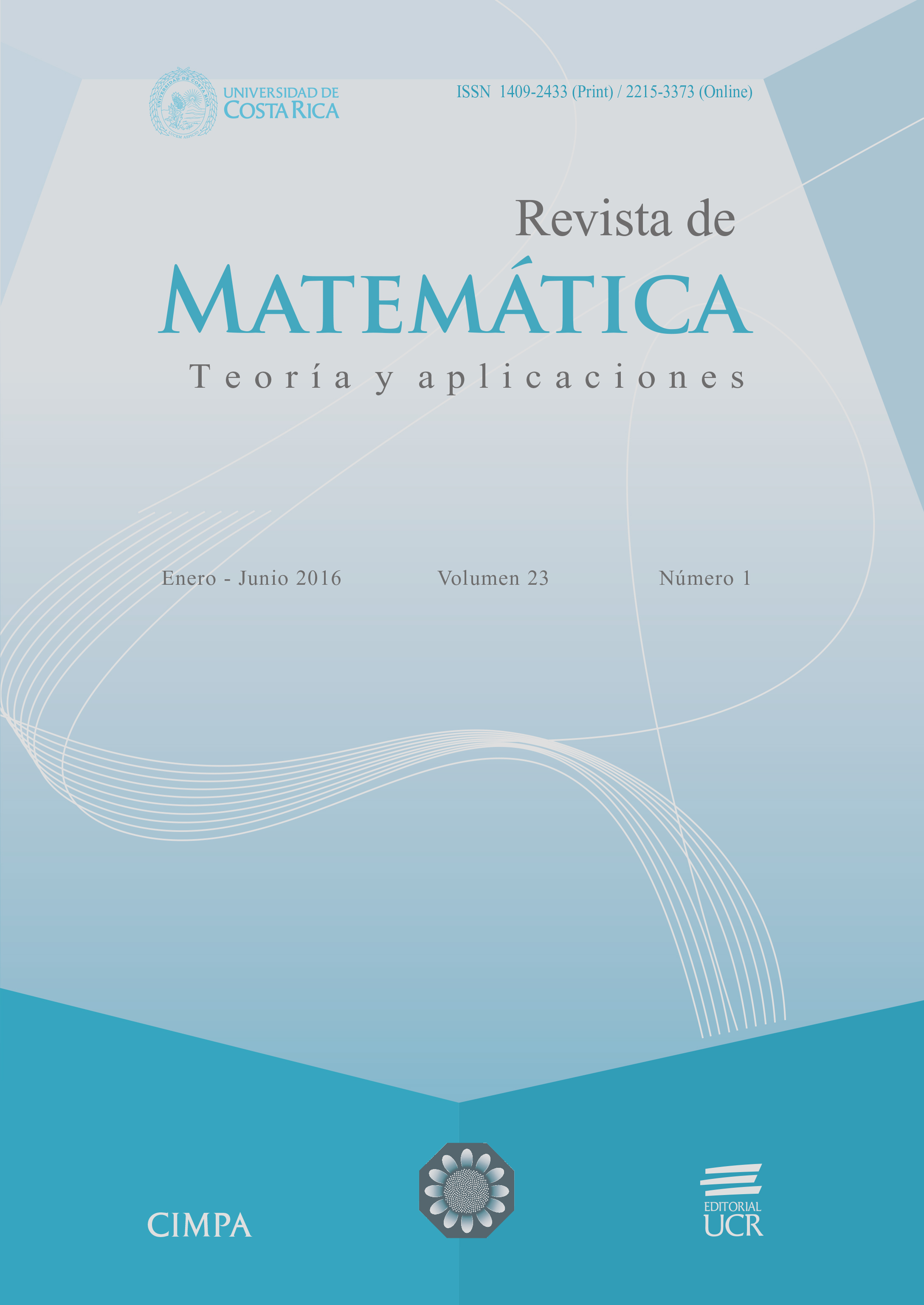Abstract
The main objective of this paper is to find the analytical solution of the autonomous equation y(k) = f (y) and prove its convergence using autonomous polynomials of order k, define here in addition of the formula of Faá di Bruno for composition of functions and Bell polynomials. Autonomous polynomials of order k are defined in terms of the boundary values of the equation. Also special values of autonomous polynomials of order 1 are given.
References
Bell, E.T. (1934) “Exponential polynomials”, Ann. of Math. 35(2): 258–277.
Cayley, A. (1857) “On the analytical forms called trees”, Phil. Mag. 13:172–176.
Faà di Bruno, C. (1855) “Sullo sviluppo delle funzioni”, Annali di Scienze Matematiche e Fisiche 6: 479–480.
Faà di Bruno, C. (1857) “Note sur une nouvelle formule de calcul différentiel”, Quarterly J. Pure Appl. Math. 1: 359–360.
Hale, J.; Kocak, H. (1991) Dynamics and Bifurcations. Springer-Verlag, New York.
Johnson, W.P. (2002) “The Curious History of Faá di Bruno’s Formula”, Am. Math. Monthly 109: 217–234.
Lah, I. (1954) “A new kind of numbers and its application in the actuarial mathematics”, Boletin do Instituto dos Actuarios Portugueses 9: 7–15.
Lawrence, P. (1991) Differential Equations and Dynamical Systems. Springer-Verlag, New York.
Podisuk, M. (2006) “Open formula of Runge-Kutta method for solving autonomous ordinary differential equation", Applied Mathematics and Computation 181(1): 536–542.
Polyanin, A.D.; Zaitsev, V.F. (2003) Handbook of Exact Solutions for Ordinary Differential Equations, 2nd Editon. Chapman & Hall/CRC, Boca Raton.
Riordan, J. (1946) “Derivatives of composite functions”, Bull. Amer. Math. Soc. 52(8): 664–667.
Riordan, J. (1958) An Introduction to Combinatorial Analysis. John Wiley & Sons, Inc., New York.
Werschulz, A.G. (1979) “Computational complexity of one-step methods for scalar autonomous differential equation”, Computing 23(4): 345–355.





